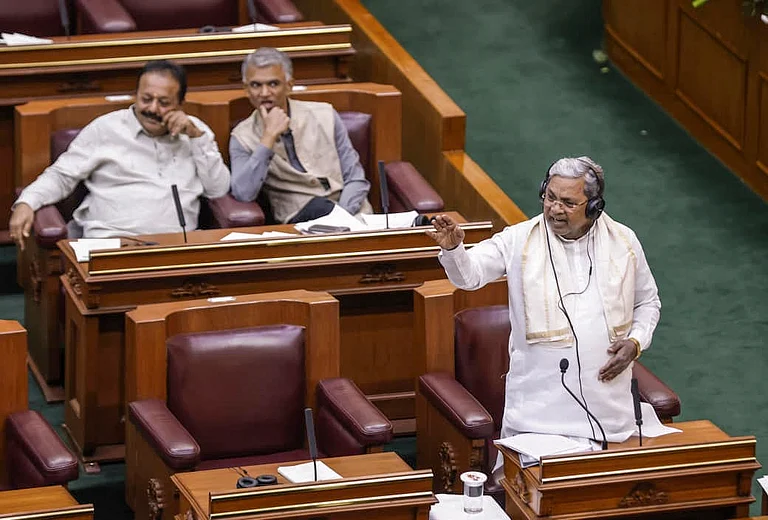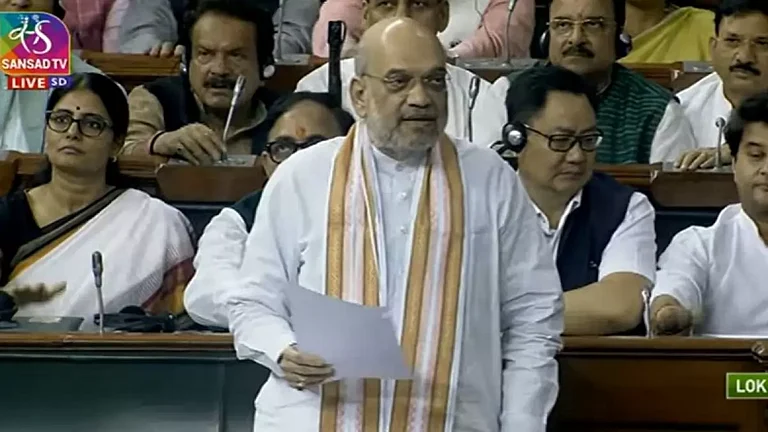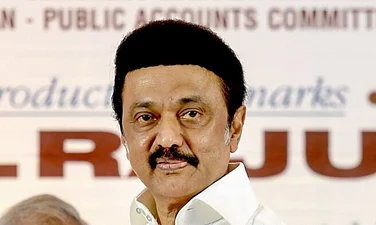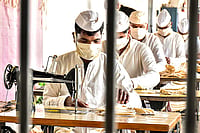As the third pillar of democracy, the judiciary must stand on a secure footing, or risk the entire system failing. A strong rule of law is not only synonymous with good governance but crucial for the international stage. However, adherence to the rule of law requires trust from citizens, who must perceive legal institutions serve their purpose efficiently and in a somewhat predictable manner.
In the coming weeks India, the world’s largest democracy, will witness the re-elected NDA, with some key differences: new allies and, for the first time, a strong Opposition. How the parameters of good governance and the Rule of Law hold up against these new parameters remains to be seen.
Awareness of Law
Awareness of the law, rights, duties, and obligations is an absolute must. Often touted as one of the largest constitutions in the world, it encompasses a wide range of topics. From fundamental rights of citizens to the appointment of public offices; from the conduct of elections to the duties of those elected. One of the most interesting parts of the Constitution is perhaps the section on duties by citizens. The Constitution is supplemented by various laws — all these should be the subject of education and awareness for the whole nation. It is not only the government’s job but also that of the citizenry and civil society to participate in this endeavour.
New Laws
The next few months would see the implementation of the three new laws that revamp the criminal justice system. Bharatiya Nagarik Suraksha Sanhita, 2023, Bharatiya Nyaya Sanhita, 2023, and Bharatiya Sakshya Adhiniyam, 2023 replace the British-era Indian Penal Code, the Code of Criminal Procedure, and the Indian Evidence Act respectively. While the objective of these new laws seems to be to move away from the colonial era rules to make the criminal justice system more citizen and victim-friendly, there is some apprehension about lack of representation in their making. Recently, Tamil Nadu Chief Minister MK Stalin wrote to Home Minister Amit Shah requesting that these new laws be tabled until the Opposition has had a chance to consult on them.
There are some provisions of note in the new criminal law system, including timelines for trials and accountability in investigations. Some archaic provisions have been done away with, and some provisions added in order to combat modern-day problems, including technical advances. It is hoped these will be followed in letter and spirit, inspiring more confidence in the system. It is also imperative that everyone who is a functionary of the criminal justice system is made aware of the new provisions and provided with infrastructure, knowledge, and skills to make the best use of these new statutes.
Case Pendency
The related issue of pending cases and delays in the judicial system needs to be actively addressed. With Lok Adalats and the usage of alternative dispute resolution, the system needs to continuously evolve. Figures released by the Central government show that by 2021, the total number of pending cases was in excess of four crores, with 87 per cent being cases heard at first instance. While justice cannot be compromised in the interest of speed, some mechanisms must exist to deal with cases of extreme delays.
The last few years have seen an unprecedented number of cases being heard and decided. Advances in technology and investigative techniques can be employed to minimise delays and increase the efficiency of fact-finding. Many considerations need to be weighed to reach fair conclusions and judges as well as investigating officers have some of the hardest conundrums before them. Nonetheless, things that can be avoided to cut down delays should be implemented uniformly.
Right to Representation
A strong legal system requires strengthening and allocating resources to the National Legal Services Authority, which provides legal aid lawyers and conducts alternative dispute resolutions like Lok Adalat. The Constitution guarantees that a person on trial will be provided proper representation as part of their fundamental rights enshrined in Articles 14 (equality before law) and 21 (right to life.) A non-negotiable aspect of fair trials is the availability of effective legal aid. The right resources and personnel need to be allocated with constant monitoring so that the miscarriage of justice based on ill representation is minimised. This should have an additional impact on efficiency and ensure convictions or acquittals are foolproof.
Judicial Appointments
Judicial Appointments is a contentious and sensitive topic that needs to be tackled with care and balance. The judiciary needs to be independent and fair — but also transparent and accountable. Making resolutions and decisions (for example on the appointment of Judges) public goes a long way in doing this. The topic of post-judicial appointments needs to be again addressed, as does the retirement age of judges, both at the Supreme Court and High Courts. Judges in India retire a decade or more before their counterparts in the United Kingdom. The United States of America on the other hand has no retirement age prescribed for judges. With most living longer, this needs to be considered, balancing it against the efficiency and needs of the office.
Safeguarding Citizens’ Interests
The legal profession and the judiciary need to continue playing their role in safeguarding interests and delivering justice. Lawyers are part of all decisions made by corporates and business houses and need to be robustly aware and acutely keen on delivering sustainable development. It’s also pertinent to note that the most challenging issues of our times are sometimes left to the judiciary to handle. Environmental interests, for instance, need to be safeguarded and protected. Sustainability, responsible business, and mitigating climate change need to be the collective responsibility of all involved in the governance.
The Indian Constitution is undoubtedly one of the most robust in the world. Democracy is equally thriving and mature. How the courts function and deliver is keenly observed (and sometimes used as precedent) by the world, and in particular by the Commonwealth. The last decade has been one of change and churning. COVID-19 interrupted the way we know the world, but it also came with a silver lining of new patterns of thinking, behaviours, and the use of technology. With some of the finest minds in the world, we must endeavour to be the leading country in governance and judicial decision-making, and progress.
Vishavjeet is a Delhi based lawyer. He is also a door tenant at a London based chamber


























